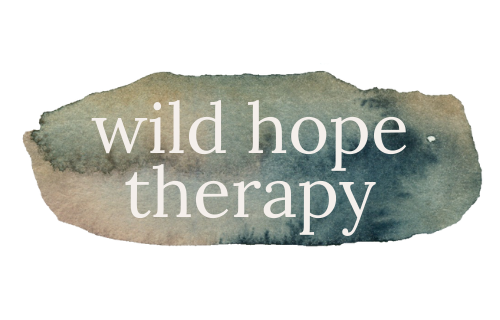april showers/may flowers: reflecting and looking ahead on perinatal mental health awareness
by: stephanie purdom, lisw-s, pmh-c
Like so many perinatal mental health professionals, I came to this space after my own experience with PMADs. Although at the time I had been a social worker myself for nearly 5 years, I had very little knowledge about perinatal mental health aside from knowing postpartum depression existed. By complete coincidence, Dr. Kat Kaeni of the Mom & Mind podcast just happened to be a guest on another podcast I was listening to, and to say I went down a rabbit hole from there is an understatement.
After giving birth to my son and my own experience of postpartum depression and anxiety, I quickly began orienting my clinical work toward perinatal mental health. I took the Postpartum Support International 2-day certificate training less than a year after having James. I remember those two days so well–that room felt electric. The passion that practitioner’s of perinatal mental health bring to their work is so abundant, and it’s been amazing to watch how much the field–and awareness of PMADs–has grown since then.
In April, I finally sat for my certification exam. It took awhile to get around to–a move across several states, starting a business, a pandemic, and a second baby had taken priority. But, having finally taken (and passed!) this exam feels like a culmination of eye-opening learning experiences, inspiring professional collaborations, and deeply meaningful work. I feel a powerful recommitment to this field, and excitement for what the perinatal team at Wild Hope will continue to create.
I supposed that would be enough of a reflection for April. But to be committed to the field of perinatal health necessitates the acknowledgement of the abominable health disparities between black pregnant and birthing people compared to their white peers. Black Maternal Mental Health Week was April 11-17. According to the Black Mamas Matter Alliance “Black women not only face a higher chance of developing perinatal mood disorders than white women, but they are also less likely to receive treatment due to factors such as fear of stigma, involvement of child welfare services and financial barriers.” Further, “Black women experience stress and health disadvantages because of the interaction and multiplicative effects of racism, gender, class, and age.” Additionally, the maternal death rate for Black women is 2.6x higher than for white women. The majority of maternal deaths are preventable and the higher rates for black women are often related to conditions that are not properly treated due to health inequity and medical racism.
In addition to releasing her first book this past month, perinatal therapist, Chahdael Foreman, MSW, LSW, spoke on these issues for Black Maternal Health Week at Pregnant With Possibilities Resource Center in Maple Heights, OH. Chahdael is passionate about supporting black birthing folks and advocating on behalf of her clients, and we are proud to support her in this essential work.
Looking ahead, May is Maternal Mental Health Month and Wild Hope is gearing up to devote the entire month to raising awareness about PMADs, those it affects, and what we can all do about it. We will continue to hold up the communities and clients most impacted by maternal mental health complications and the health disparities that exist in our culture through our social media, and through clinical work that is centered in cultural humility, inclusion, and compassion.
We also will be supporting the annual Climb Out of The Darkness Walk, organized by our very own Sara Parko, MSW, LSW, PMH-C. Check out the Columbus Team page to see how you can help out. And on June 24, 2023 at 10 am you can catch us walking at Fancyburg Park with professionals, survivors, and loved ones to help shine a light on one of the most common complications of childbearing. In Sara’s words “You’re never alone, and we can all climb out of our darkness.”
